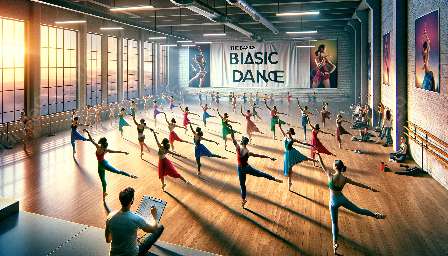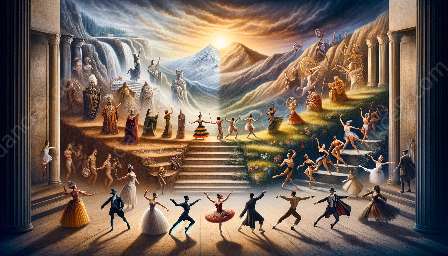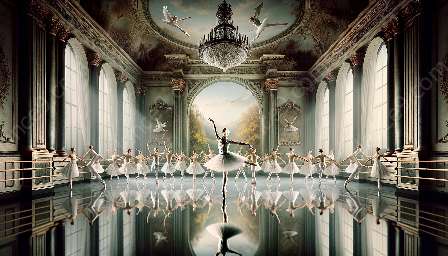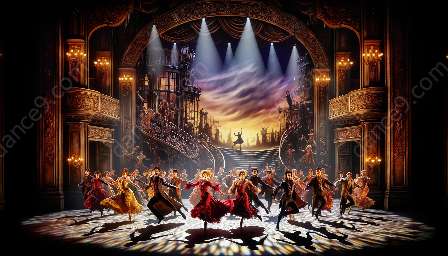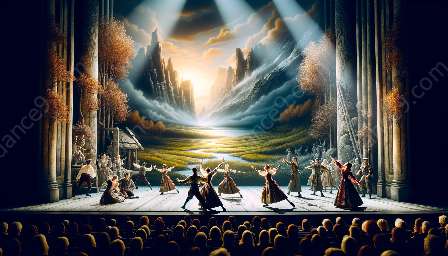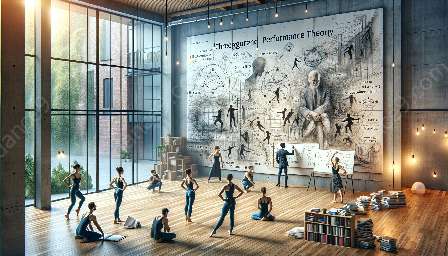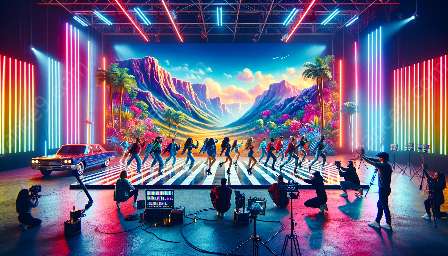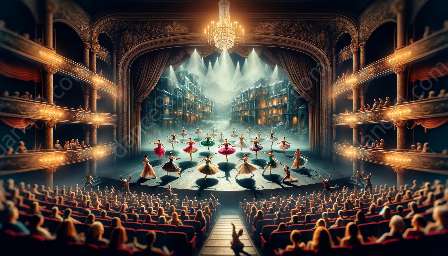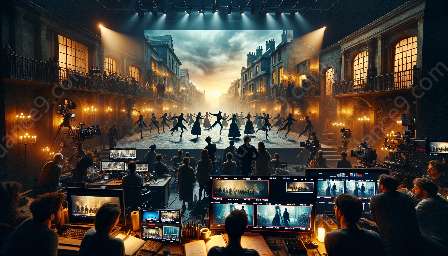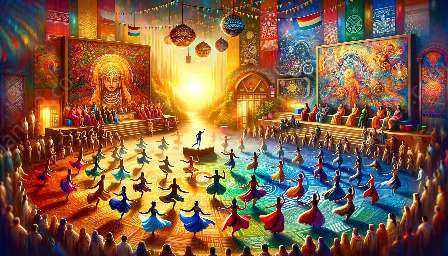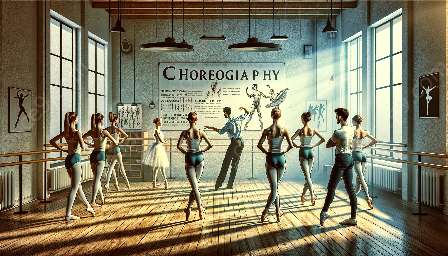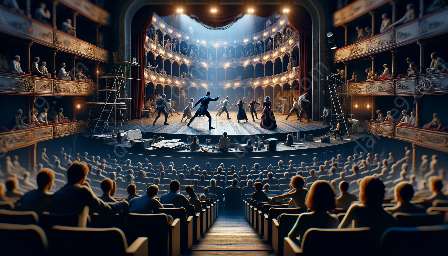In today's entertainment landscape, choreography plays a significant role in popular culture productions, encompassing music videos, commercials, live performances, and more. As a choreographer, it's essential to consider the ethical implications of your work, understanding the impact of your creations on both the audience and the broader society. This article delves into the ethical considerations when choreographing for popular culture, highlighting the intersection of choreography, popular culture, and the importance of making ethical decisions in the creative process.
The Power of Choreography in Popular Culture
Choreography has become a defining element of popular culture, shaping the visual and performance aspects of music, film, and television. From iconic dance routines in music videos to synchronized movements in live concerts, choreography has the power to captivate and resonate with audiences on a deep emotional level. With this influence comes great responsibility, as the content and themes portrayed through choreography can significantly impact societal norms and values.
Understanding Ethical Considerations
When choreographing for popular culture productions, it's crucial to consider the ethical implications of the movements, gestures, and themes conveyed through dance. Ethical considerations encompass a broad range of factors, including representation, cultural sensitivity, consent, and the portrayal of sensitive topics. As a choreographer, it's important to recognize the potential influence and reach of your work, acknowledging the impact it may have on diverse audiences.
Representation and Diversity
One ethical consideration in choreographing for popular culture is the representation of diverse identities and experiences. Choreographers have a responsibility to foster inclusivity and diversity in their work, ensuring that performances reflect the richness of different cultures, backgrounds, and perspectives. By embracing diversity in choreography, creators can contribute to a more equitable and inclusive popular culture landscape.
Cultural Sensitivity
Choreographers must approach cultural motifs and traditions with sensitivity and respect. The inclusion of cultural elements in choreography should be done in collaboration with knowledgeable sources, acknowledging the historical and societal significance of the movements being portrayed. Avoiding cultural appropriation and stereotyping is essential to uphold ethical standards in popular culture productions.
Consent and Empowerment
Respecting the autonomy and agency of dancers is another crucial ethical consideration. Choreographers must prioritize the well-being and consent of their performers, ensuring that movements and themes align with their comfort levels and personal boundaries. Empowering dancers to express themselves authentically and respectfully is fundamental to ethical choreography practices.
Portrayal of Sensitive Topics
Choreography can be a powerful medium for addressing sensitive social and political issues. When incorporating such themes, choreographers must approach them with thoughtfulness and consideration for the potential impact on audiences. Ethical choreography involves navigating difficult topics with care, aiming to promote empathy, understanding, and constructive dialogue.
The Impact of Ethical Choreography
Embracing ethical considerations in choreographing for popular culture can lead to profound positive impacts. Ethical choreography contributes to a more inclusive and empathetic popular culture landscape, fostering connections across diverse communities and promoting social awareness. By prioritizing ethical decision-making, choreographers can inspire meaningful dialogue and reflection through their creations.
Conclusion
Choreography in popular culture is a dynamic and influential art form that carries significant ethical responsibilities. By recognizing the power of their work and engaging in ethical considerations, choreographers can contribute to positive social change and shape a more inclusive and empathetic cultural environment. As the intersection of choreography and popular culture continues to evolve, upholding ethical standards becomes increasingly vital in creating impactful and resonant work.

